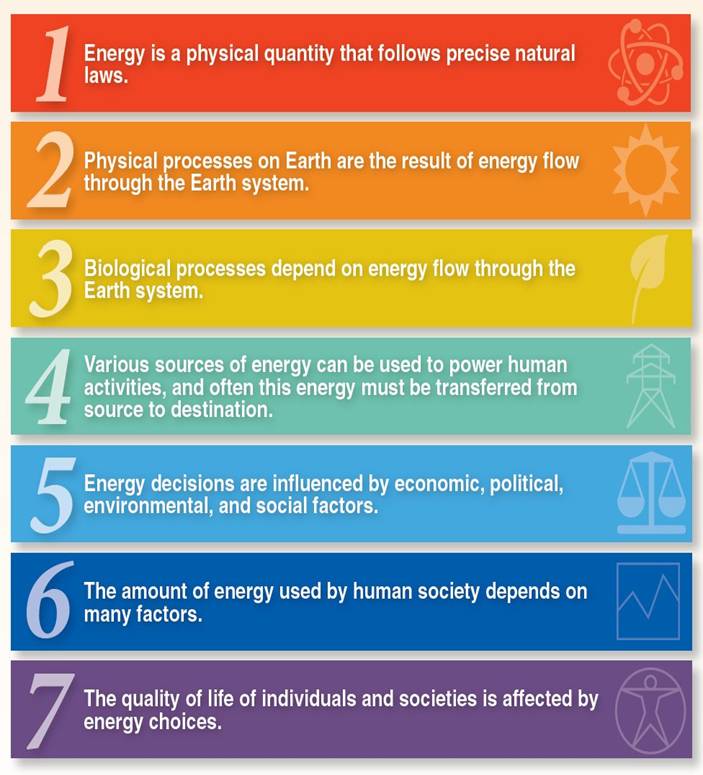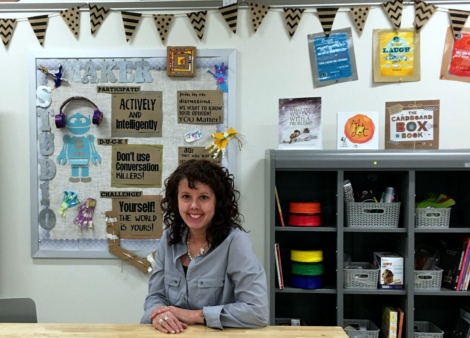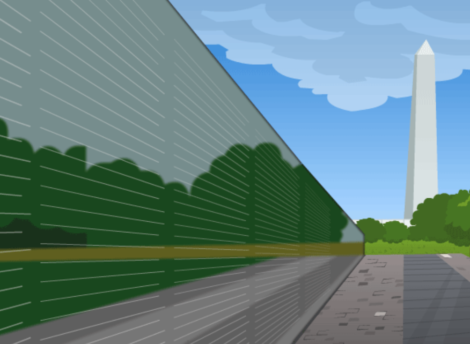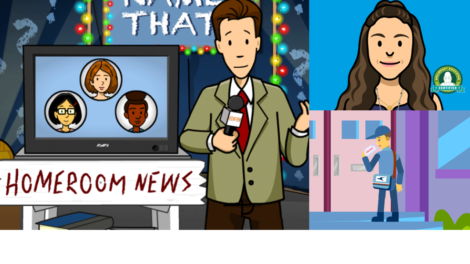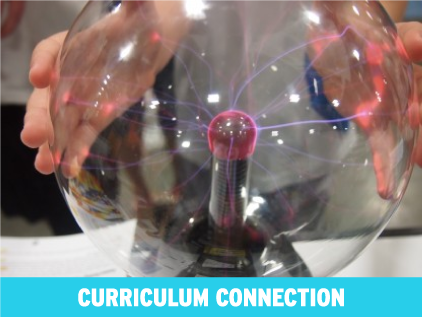
Guest Blog Post: Promoting Energy Literacy Education Efforts Across the U.S.
Posted by cemignano on
Josh Sneideman is a middle-school science teacher and Albert Einstein Fellow at Department of Energy, promoting energy literacy education efforts across the US. Erin Twamley is an Education Specialist at Department of Energy and an adult Education Teacher at the YWCA National Capital Area in Washington DC.
Where does my electricity come from? How much energy do I use in a week, a month or a year? These questions from students showcase the curiosity of the role of energy in our lives and the universe. As educators, understanding energy is critical to our clean energy future, although energy is often only taught in science, but through inquiry-based learning and the integration of technology, educators can engage students early in energy.
To help teachers think about different approaches to learning and teaching about energy, the Department of Energy led the development of the Energy Literacy: Essential Principles and Fundamental Concepts to encourage educators to teach energy using an interdisciplinary lens. There are 7 guiding Principles for teachers to use to help shape our understanding of energy:
This engagement with energy (early) is critical especially as new education standards, like the Next Generation Science Standards, Common Core and the General Education Development (GED) emphasize energy as a key concept for learners to understand.
Get started today teaching about energy by exploring BrainPOP’s energy games, videos and lessons. Help students’ learn about energy in a fun and memorable way. For example, the “Conserving Energy” lesson teaches students about the Earth’s limited supply of resources, and how small changes in behavior can conserve energy. The “Solar Energy” lesson explains how the sun’s rays are converted to electricity, and how solar energy compares to fossil fuels. Lastly, “Electricity” explains exactly where the power for video games, televisions and light bulbs comes from.
Other energy education resources aligned to the Energy Literacy Principles include:
- Climate Literacy & Energy Awareness Network (CLEAN) http://cleanet.org/ has grades 6-16 educational resources on climate and energy. Activities are aligned to Energy Literacy Framework.
- NARA Energy Literacy Principles Matrix (http://www.energyliteracyprinciples.org/) allows you to search for activities by Energy Literacy Principle in the framework
- NEED (National Energy Education Development) Project (www.need.org) has a large library of energy curriculum on a wide range of energy topics
- Energy Kids site (http://www.eia.gov/kids/) and Energy Explained site (www.eia.gov/energyexplained are great sites to have folks explore data and fun facts on energy topics. For example, Do you understand where your gasoline comes from, what determines the price of electricity, or how much renewable energy we use?
